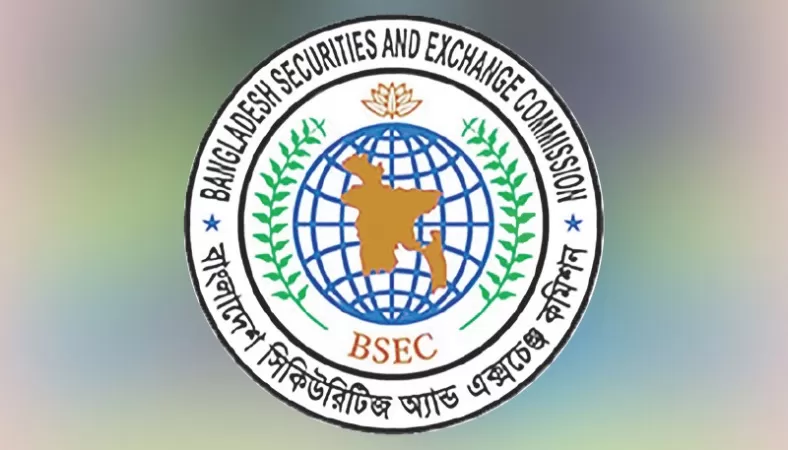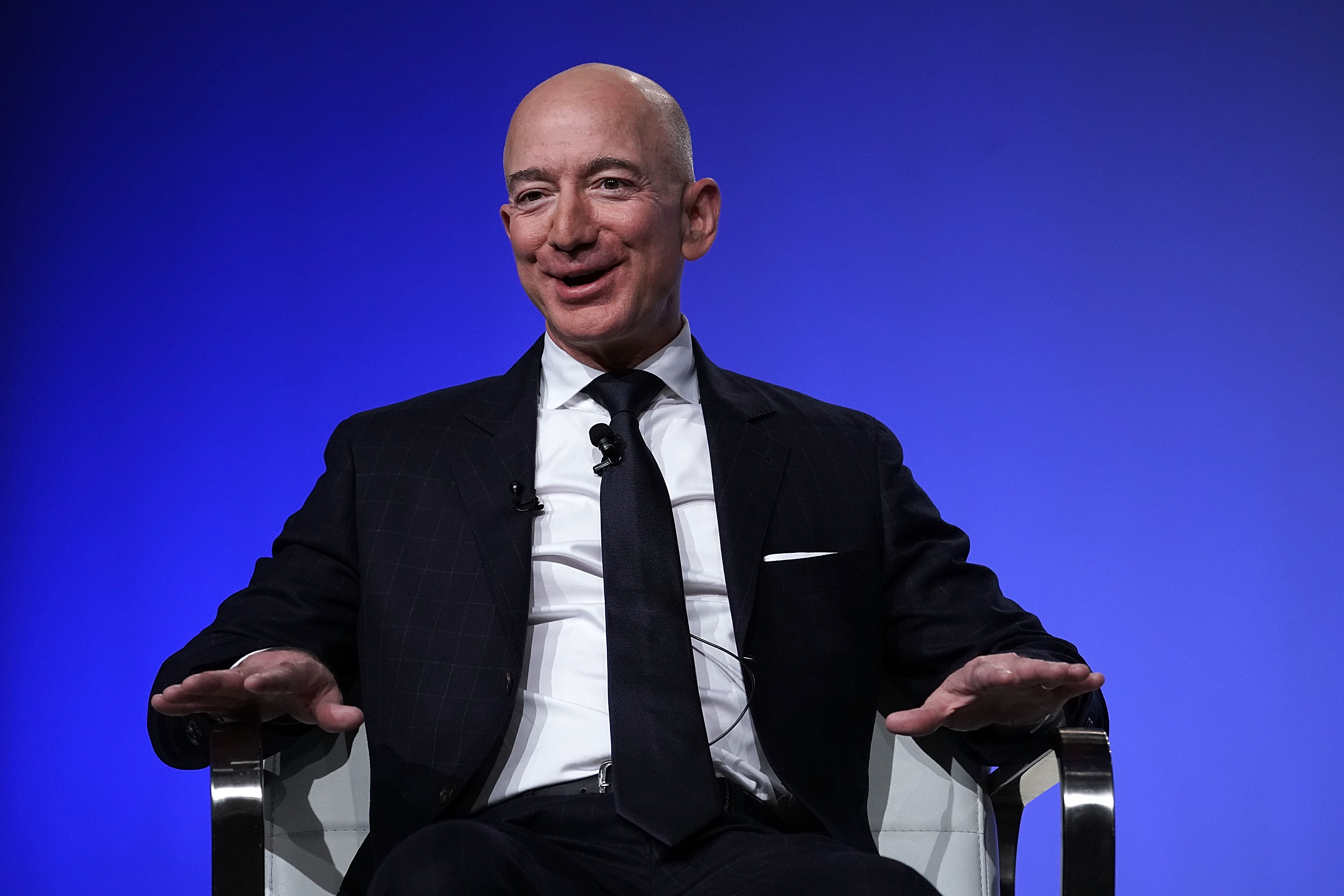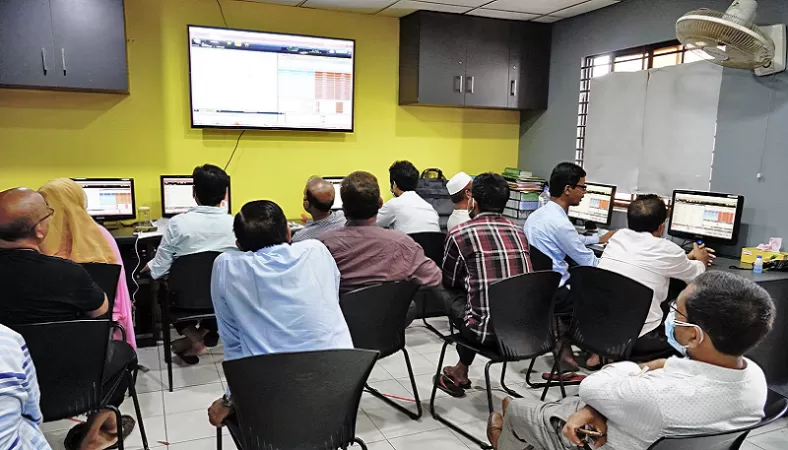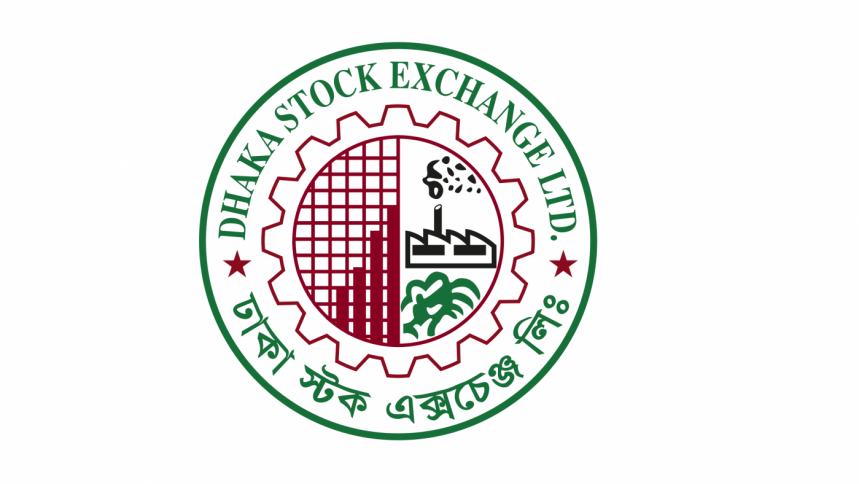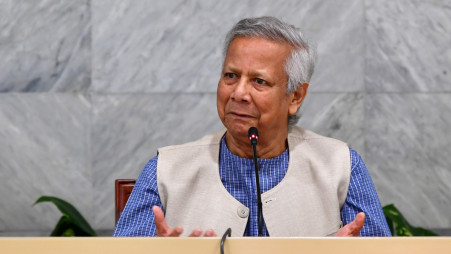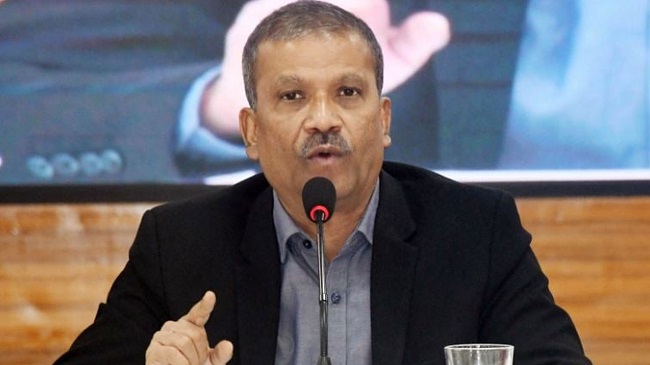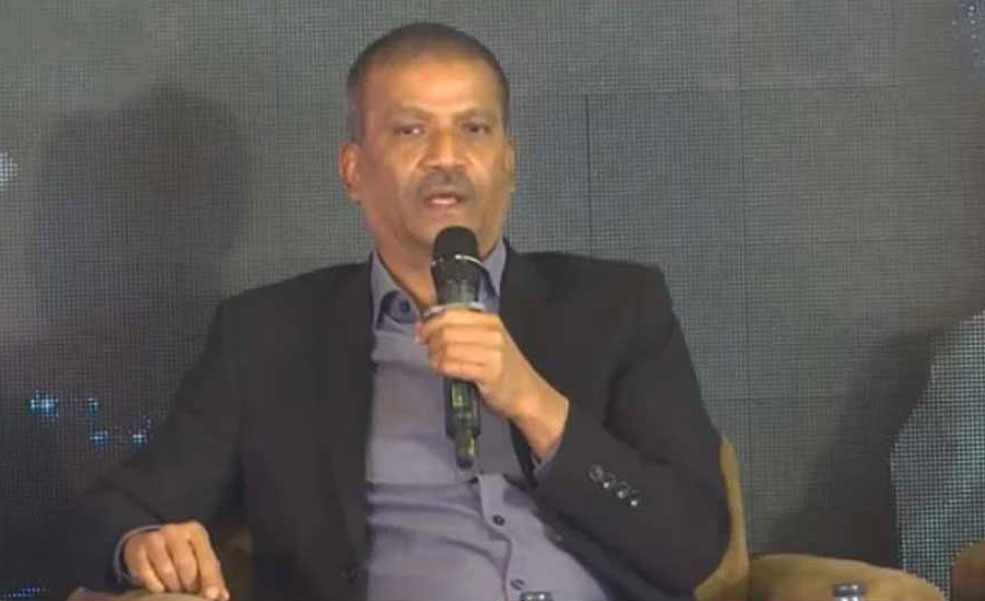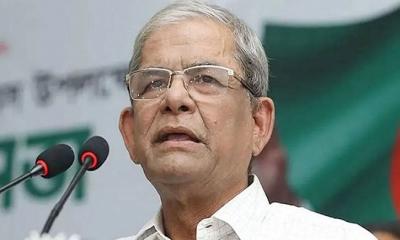Bangladesh Securities and Exchange Commission (BSEC) Chairman Prof Shibli Rubayat-Ul-Islam has said that the capital market regulator is working to enhance the public's financial literacy so they can invest consciously and profitably.
To this effect, the BSEC is cooperating with the Ministry of Education and the National Curriculum and Textbook Board (NCTB) to include a chapter on the capital market in the secondary and higher secondary levels textbooks.
Talking to UNB, Prof Shibli acknowledged that sometimes people are being influenced to invest their hard-earned money chasing misinformation.
"If they can become financially literate, no one can cheat them," he said.
With a nationwide average of 24.6 per cent, the financial literacy score in Bangladesh is still quite low, according to a recent survey by the Bangladesh Bureau of Statistics and BRAC Business School.
Respondents with an educational qualification below SSC, people aged over 50, self-employed people, Dhaka natives, housewives, and farmers have the lowest scores, according to the 2022 survey report.
The BSEC is working to introduce real estate investment trust, or REIT, Pink, and Orange bonds in the capital markets by 2023. Through Pink bonds, small entrepreneurs can collect money for investment while SMEs and large entrepreneurs can collect money through Orange bonds.
ALSO READ — Invest more in capital market: BSEC to insurers
Both coloured bonds will be introduced to encourage women investors as well as empower them in the financial sector, Prof Shibli said.
Besides, the BSEC has a special bond plan for the garment and textile sector so that entrepreneurs can collect money from the capital market to expand their business. At the same time the investors will encourage investment in this secured sector, he said.
Prof Shibli said the country’s development projects cannot be completed depending on revenue only, while project-based infrastructure bonds and municipal bonds for fund collection from the stock market would be a diversified funding scope for development.
If the project authority provides dividends of around 12-13 per cent, people will invest money in the project-based bond market instead of depositing their money in FDRs and saving certificates, he said.
He said Bangladesh’s investment demand is over $800 billion for infrastructure and other service sector development in line with LDC graduation, which will not be possible to collect from domestic sources. But a large portion is possible through the capital market.
Replying to a question, he said that investors who have the patience to invest in the capital market and want to secure investment scope should invest in the bond market and get greater dividends than their returns from IDFs and saving certificates.
Mutual funds, treasury bonds and others are trading in the capital markets, where anyone or ordinary people can invest money. He said that the mutual funds are providing dividends of around 10 to 20 per cent during the last 10-12 years.
"Those who have financial knowledge can invest in secondary share trading, and try to gain profit. They should prefer bonds and mutual funds," the BSEC chairman said.
The regulator has pushed through dozens of reforms in the capital market, from imposing company audit systems towards accountability of brokerage houses during his tenure. As a result, the capital market will be well-positioned in the future.
“We just planted the seed, from which the tree or plant will be visible within the next few years,” Prof Shibli said.


